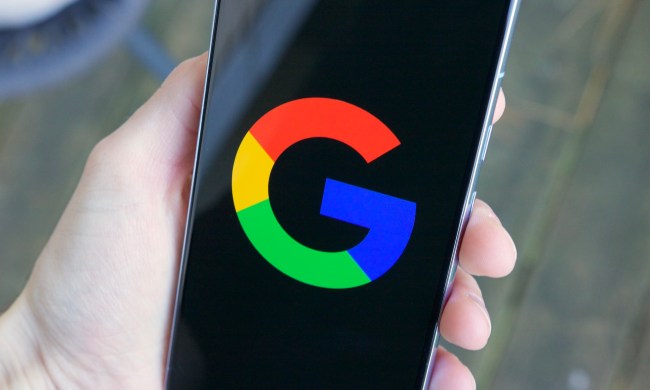Only a few days after Apple shut down the Facebook Research app on iOS, Google has taken the initiative of shutting down its own audience-research app, Screenwise Meter, from Apple’s enterprise program for internal iOS app testing. Of course, it only took the initiative after being reached out to by TechCrunch, which first reported on the app.
The Facebook Research app essentially tracked data on users between the ages of 13 and 35 who had the app installed, seeing what they did on their phone and so on. The app was permissions-based and Facebook reportedly paid participants. Google’s Screenwise Meter app took a similar approach to “research,” though Google only worked with users 18 and over.
The two apps were able to get past Apple’s strict App Store policies by going through the Apple developer enterprise program, in which apps could be distributed to employees of the company developing the app. It appears as though both Google and Facebook, however, were inviting others to participate. Google paid those users through things like gift cards.
“The Screenwise Meter iOS app should not have operated under Apple’s developer enterprise program — this was a mistake, and we apologize,” Google said in a statement. “We have disabled this app on iOS devices. This app is completely voluntary and always has been. We’ve been upfront with users about the way we use their data in this app, we have no access to encrypted data in apps and on devices, and users can opt out of the program at any time.”
It seems that Google was a little more upfront than Facebook about what the app was for. Google reportedly explained how the program worked and what kind of data was collected. Still, Google still used Apple’s program designed for company employees to distribute apps to consumers. It’s likely that Apple would have removed the app itself if Google didn’t do it itself, especially after the TechCrunch story.
Google and Facebook both faced significant backlash due to privacy issues in 2018 and 2019 isn’t turning out to be much different thus far.

